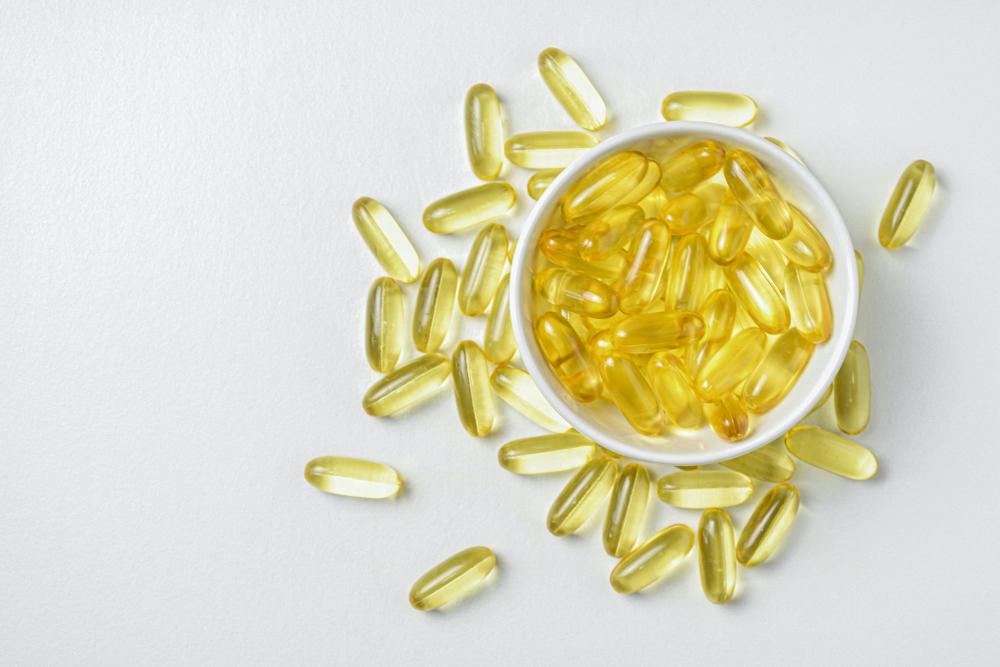Nutrition
Krystina Claire
IBS
on
November 14, 2022

IBS stands for irritable bowl syndrome and it’s the most common gastrointestinal disease. It effects our digestion by disrupting the functions of the large intestine which leads to abdominal pain and change in bowel habits There isn’t one exact cause of IBS and different factors can contribute to it. The most common being intestinal permeability, stress, food allergies, and alterations in the gut microbiome. It’s common for symptoms to differ from one person to another and its more common in woman than men, people under the age of 50 are more susceptible to it. Unfortunately there is no test to confirm IBS, a diagnosis is usually made after months of tracking symptoms.
The most common symptoms of IBS are diarrhoea, bloating, constipation, easily feeling full, nausea and stomach cramps. It’s important to remember that these symptoms can change over time and vary from person to person. Some research points to IBS being caused by abnormal functioning of the nerves, muscles and enzymes in the digestive tract. I definitely recommend seeing your Doctor if you experience a change in bowl habits so they can rule out any other causes and recommend the best treatment plan. Although it can take a while to find the best treatment plan as this can differ from person to person.
Fortunately there are lifestyle changes that can be made to help with the symptoms of IBS, as the cause of IBS can differ from person to person so can the treatment method. Making lifestyle and dietary changes should be the first line of treatment. As stress can be a cause of IBS, removing or learning how to deal with the stresses better can help, this could even include exercising more or getting a better nights sleep. Following a low FODMAP diet has also shown to be beneficial. FODMAP stands for ‘fermentable, oligosaccharides, disaccharides, monosaccharides and polyols’ - so much easier just to use the acronym! FODMAPs are types of sugars found in carbohydrates. Eating a diet low in FODMAP foods has shown to be beneficial in helping the digestive system and symptoms of IBS. Another option is following an elimination diet - which means cutting out certain foods from your diet and seeing if your symptoms improve. I don’t recommend cutting all the below foods at the same time as you still won’t be able to pin point what is causing the IBS, rather do a different food once a week. Most people start with pasteurised dairy, then gluten, then caffeine, then alcohol, then other common allergens - nuts, eggs, then spicy food. Then slowly Start adding foods back into you diet - again I would say once a week, and start with the first food you removed. Keep a diary to monitor your symptoms.
Fortunately there are supplements that can help improve the symptoms of IBS.
L-glutamine - an amino acid known for its ability to help repair any holes in the digestive tract.
Probiotics - helps with introducing healthy bacteria into the digestive tract. Especially important after a course of antibiotics.
Digestive enzymes - As mentioned above IBS can be caused by abnormal functioning of enzymes in the digestive tract. Supplementing with a digestive enzyme will help you absorb more nutrients.
Fish Oil - excellent for reducing inflammation.
Remember if you have had any change in bowl habits - please see your Doctor.






